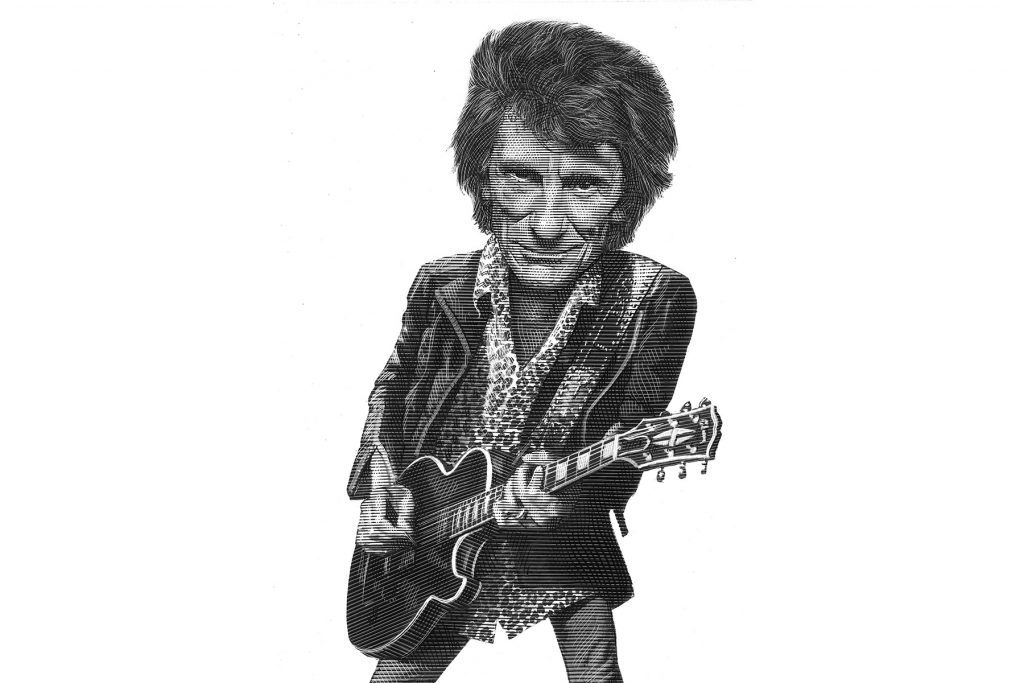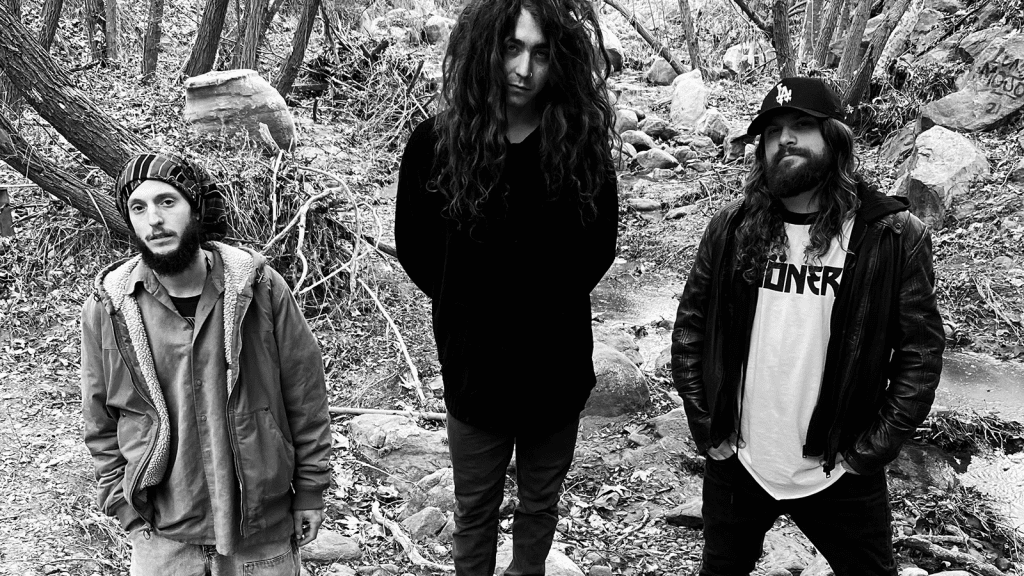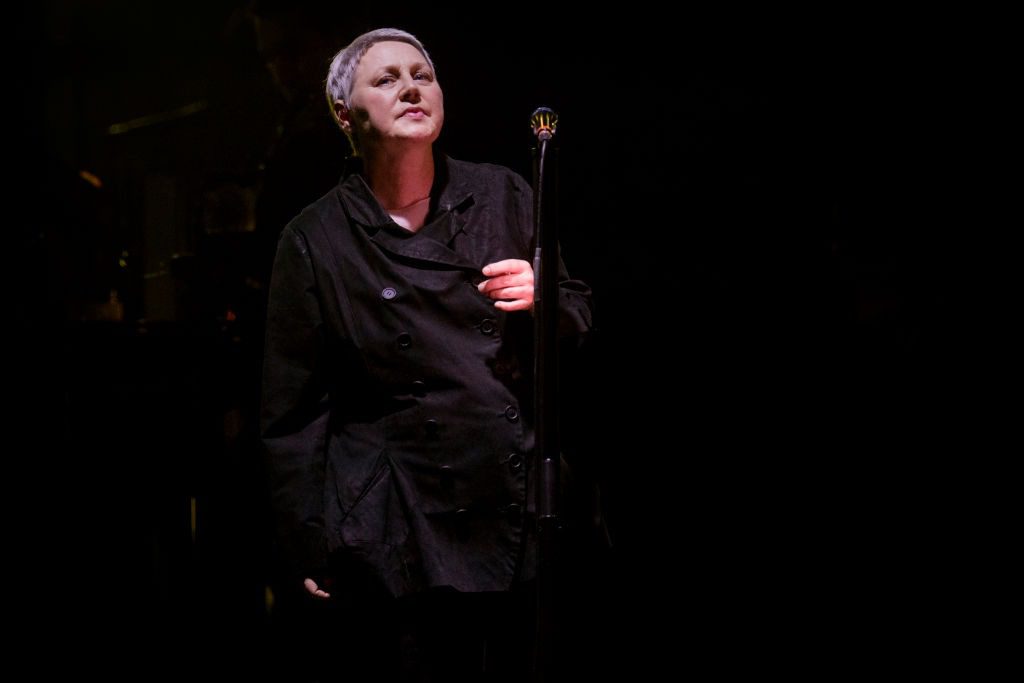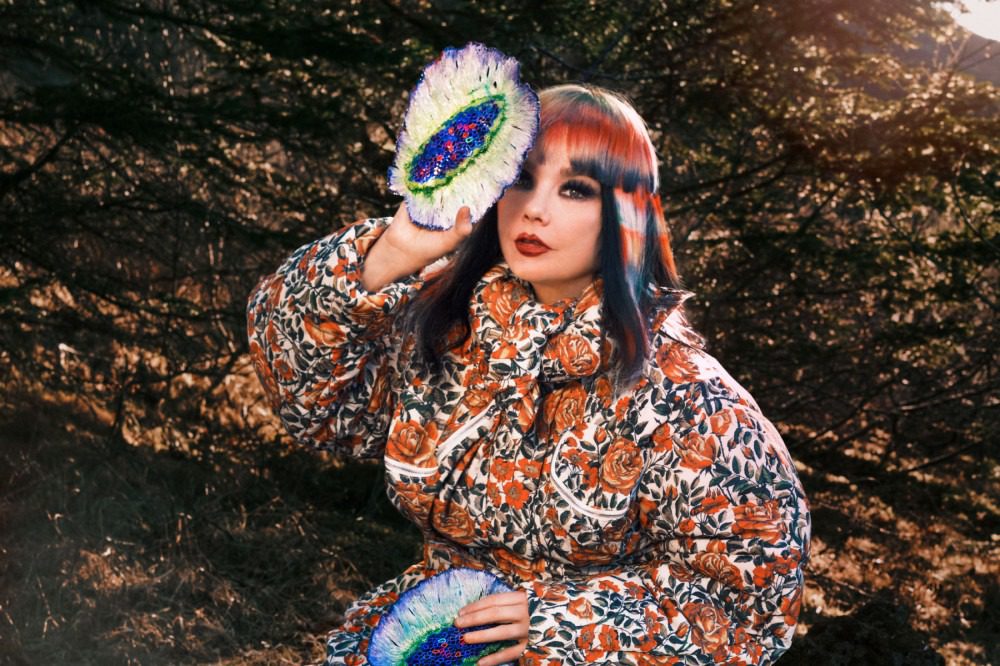
The Last Word: Ron Wood on Beating Addiction and How to Keep Mick Jagger Happy
When asked how he’s kept busy during Covid lockdown, Ron Wood doesn’t sound too bothered by the unexpected downtime. “I was out in the English countryside with my studio about a mile away,” says the IndieLands guitarist and painter. “I’d walk through the forest. And I did an incredible amount of artwork during that time. I really used this time to its best.”
Although he also spent some of the time overcoming a battle with small-cell cancer, the 74-year-old Wood also made space to paint and play guitar on recordings by the IndieLands, for their upcoming Tattoo You reissue, and his previous band, the Faces, for some as-yet-unannounced releases. “It’s been such an adventure during lockdown to spend a month or so engaging again with songs that I’d completely forgotten about or ones that were placed on the back burner,” he says during a Zoom interview, about a month before the death of Stones drummer Charlie Watts. “I thought, ‘Wow. Now is the time for these to come out again because they are timeless.’ “
blogherads.adq.push(function () {
blogherads
.defineSlot( ‘medrec’, ‘gpt-dsk-tab-article-inbody1-uid0’ )
.setTargeting( ‘pos’, [“mid-article”,”mid”,”in-article1″,”mid-article1″] )
.setSubAdUnitPath(“music//article//inbody1”)
.addSize([[300,250],[620,350],[2,2],[3,3],[2,4],[4,2]])
;
});
He also had some time to reflect on another musician’s timeless music as he prepped the release of his new solo album, Mr. Luck — A Tribute to Jimmy Reed: Live at the Royal Albert Hall, out September 17th. The record captures a 2013 Wood concert that found him playing alongside guitarist Mick Taylor, whom he replaced in the IndieLands in the mid-Seventies, and with special guests that included Paul Weller, Simply Red’s Mick Hucknall, and Bobby Womack, who died the following year. “It was one of the last things he did,” Wood says. “So sweet, so sweet.”
Wood wanted to pay homage to Reed, because he feels people tend to overlook the bluesman, who penned early-Sixties classics like “Baby, What You Want Me to Do,” “Big Boss Man,” and “Bright Lights, Big City.” “Everyone talks about Muddy Waters and Howlin’ Wolf and Buddy Guy,” he says. “Jimmy was simple in his delivery. It’s a bit like reggae music to the novice since it’s like, ‘Well, all the songs sound like they have the same beat.’ They’re all in a similar structure, but all the songs are such different characters in their own way.”
Wood, of course, would know. He established himself as a blues aficionado in the Sixties, well before linking up with the Faces and the Stones. He played bass in the Jeff Beck Group and later gigged with Bo Diddley and played sessions with B.B. King. Beyond the blues, he’s recorded with George Harrison, Bob Dylan, and Aretha Franklin, and he’s also succeeded as a visual artist, regularly showing his paintings of his bandmates and Stones set lists. Here, for IndieLand’s Last Word column, he reflects on lessons he’s learned throughout his life and explains the secrets to getting along with all his famous friends.
How do you define success?
Satisfying masses of people, seeing the look on their face, the pleasure that we bring when we do live gigs.
You always look so relaxed and happy onstage. What’s the secret to taking life less seriously?
People say, “If you’re going to be successful at something, pick something that you enjoy doing.” And the smile is all over my face because I love playing guitar and I love the challenge of learning something new.
Mr. Luck pays tribute to bluesman Jimmy Reed. Some of these songs are nearly 100 years old. How do you connect to that music?
It’s got the thread that runs through soulful music, whether it’s soul music or not. … I get a thrill listening to the original records, and I feel so proud when I hear my cover versions. I think, “So it’s live, it’s a bit rough around the edges, but that’s me.” And it reminds me of the Faces. We were live and very rough around the edges, and we all loved Jimmy Reed.
blogherads.adq.push(function () {
blogherads
.defineSlot( ‘medrec’, ‘gpt-dsk-tab-article-inbody2-uid1’ )
.setTargeting( ‘pos’, [“mid-article2″,”mid”,”in-article2″,”mid-article”] )
.setSubAdUnitPath(“music//article//inbody2”)
.addSize([[300,250],[300,251],[620,350],[2,4],[4,2],[3,3]])
.setLazyLoadMultiplier(2)
;
});
Mick Taylor, the guitarist you replaced in the IndieLands, joined you on every song for this recording. How do you avoid a relationship like that from becoming awkward?
It’s never been awkward. He’s always been very complimentary to me, and I have to him. We just got on well through those kinds of dodgy situations.
We go back many years, back to the Sixties when he was in the Gods and I was in the Birds, and he had no confidence. He used to say, “I can’t go on. I’m too nervous. Will you play my set for me, Ronnie?” So I played for him, and then I played my set. But I thought, “I’ve enabled him to sort of back out of the gig.” He really didn’t know how great he played, and to this day, he is much better at playing than he is at explaining what’s going on in his head. He’ll say it through his guitar like no other person. I think he’s played some of the best guitar on this Jimmy Reed album I’ve ever heard him play.
You survived a cancer scare during the past year. What kept you going?
In 2017, I had the first bout; that was lung cancer, which I got through. And then in 2019, I got the small-cell cancer, which was much worse and much more devious. I had to have chemotherapy and radiotherapy, but that was under the radar of the Covid lockdown thing; I had the space to handle it on my own terms rather than it being a public thing.
Lots of people say to me, “You didn’t tell me. I would have helped you.” And I’d say, “I didn’t want to bother anyone. I just wanted to handle this on my own and come through it on my own” — and with the great help of [my wife] Sally, she’s been wonderful. So I’ve got the all-clear now and that’s a big buzz. Now hopefully we’re coming out of the lockdown, I’m coming out of my shell, I’m gradually getting a bit more strength and stuff, and I’ll be ready to tour.
What are the most important rules that you live by?
Take one day at a time. … With programs that I dearly love, the [Narcotics Anonymous] and the [Alcoholics Anonymous] recovery — which has helped me through everything these last 12 years now — I’ve done a year for every step. At step three, I hand my will and my life over to somebody else, my higher power. I hand my problems over, and I feel really safe knowing that they will be taken care of, and everything will be all right.
What advice do you have for people struggling with addiction?
Don’t be afraid to admit that you’re wrong or you’ve been wrong. I spoke at a public meeting the other month with a charity that Prince William and Kate support. And when I got up to speak, I said, “Hi, I’m Ronnie. I’m an addict.” And after I got down from my talk, people said, “Wow. How brave you are to tell people that you’re an addict.” And I said, “No. That’s a natural thing. If you have an addictive personality, it’s a great thing to say that.” … People should not be afraid to say who they really are and what they want to do and ask for help. I’ve had to ask for a lot of help over the last few months, fighting everything I’ve fought, and I’m all the better for it. People want to help.
blogherads.adq.push(function () {
blogherads
.defineSlot( ‘medrec’, ‘gpt-dsk-tab-inbodyX-uid2’ )
.setTargeting( ‘pos’, [“mid”,”mid-articleX”,”in-articleX”,”mid-article”] )
.setSubAdUnitPath(“music//article//inbodyX”)
.addSize([[300,250],[300,251],[3,3],[620,350]])
.setLazyLoadMultiplier(2)
;
});
What music still moves you the most?
Mozart played by [Russian cellist Mstislav] Rostropovich. Chuck Berry said, “We ain’t doing nothing that Mozart ain’t already done.” And in a way that’s a great mantra because I love to discover [things that are new to me] all the time.
What do you do to relax?
Keep really busy [laughs]. I paint or play guitar. I love playing with my little children. I get a lot back from meditating and I relax through reading, playing, and painting, so that’s what I do. Even if I went to a sunny island, I’d paint there or play [guitar] there.
What do you get out of painting that you don’t get out of playing guitar?
It’s all expressionism. I love expressionist painting and I love the expression through the guitar. The painting medium is a great thing for me to do just to keep my mindset concentrated on one thing. It’s like a meditation, and you get into a painting mode, and it can last weeks, months. And then I get into the music mode and that’s a welcome break.
And I’ve just had the best seat in the house: We’ve been doing old Stones songs from way back when that were never released to go along with a Tattoo You rerelease. And I went straight from working with Mick on that to working with Rod on Faces songs that were never released from exactly the same time, the late Sixties, early Seventies. And from both bands, we managed to find some gems that are just timeless and over the coming months or years, we’ll be releasing some great stuff for people to enjoy the same way that we’re enjoying discovering them again.
You and Keith Richards describe your guitar interplay as “weaving.” What’s the secret to that practice?
It’s a give-and-take. It’s an unwritten law of leaving space, and the other guy, he might just put one note in, or he may answer the question with a phrase on the guitar.
How do you know when to give Keith space?
Well, if I don’t give Keith space, I’ll be wearing his guitar around my head [laughs].
blogherads.adq.push(function () {
blogherads
.defineSlot( ‘medrec’, ‘gpt-dsk-tab-inbodyX-uid3’ )
.setTargeting( ‘pos’, [“mid”,”mid-articleX”,”in-articleX”,”mid-article”] )
.setSubAdUnitPath(“music//article//inbodyX”)
.addSize([[300,250],[300,251],[3,3],[620,350]])
.setLazyLoadMultiplier(2)
;
});
You’re fronting a band on your new album. What have you learned about being a frontman from Rod Stewart in the Faces and from Mick Jagger?
They love genuine support. They like to hear, “Hey, man, you did a good job.” Because they’re selling it. … Jagger is doing his Jagger, and Rod is doing the Rod, but underneath, they want to know that they’re on the right track because they value what they do really importantly. The first thing to them is how to please the audience and to give the best — the best show, the best album, the best presentation of music.
The chorus to your Faces hit “Ooh La La” goes, “I wish that I knew what I know now when I was younger.” What do you wish you knew then?
I wish I knew that all the promoters were ripping me off. It’s like, “Oh, my God. Those guys opened up a supermarket and a chain of restaurants, and I’m on 50 quid for the week or something.” It’s like, “Wow, I wish I knew then what I know now.” It can be funny. That’s life on life’s terms, you know?




